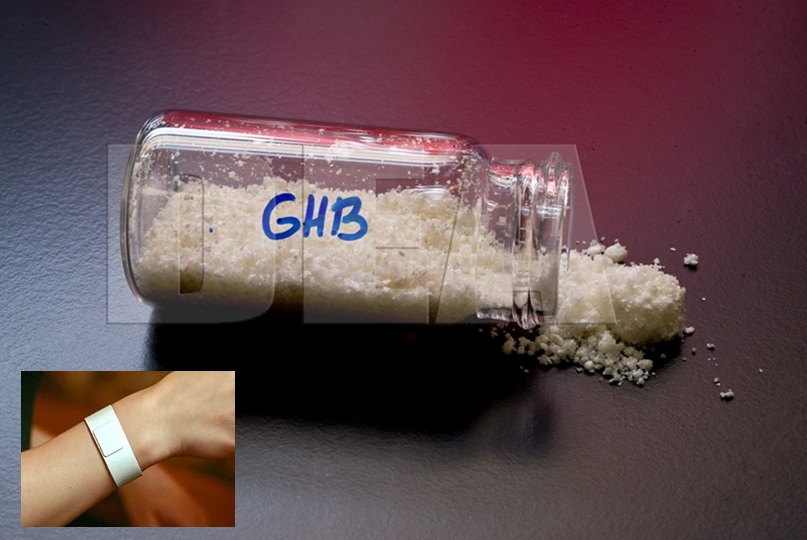In response to growing concerns over drug-facilitated sexual assault (DFSA), researchers from Spain and Portugal have designed a revolutionary bracelet that can instantly detect date rape drugs in drinks. Led by Professor Carlos Lodeiro Espiño at Universidade NOVA de Lisboa, the team collaborated with the University of Valencia and the company Celentis to create this innovative device. The bracelet, appearing as an ordinary festival wristband, conceals sophisticated chemical sensors that can identify substances like Gamma-hydroxybutyrate (GHB), scopolamine, and cathinones.
The bracelet works through a simple interaction: users place a drop of their drink, or even just touch the bracelet with a wet straw, and observe a color change—typically to green—if a dangerous drug is detected. This process takes mere seconds and provides immediate, visible results. Engineered for repeated use over five days, the device acts as a “personal shield” against drink spiking, offering a straightforward solution to test drinks at clubs, festivals, or bars, and empowering individuals to act before consuming a potentially compromised beverage.
Date rape drugs like GHB pose a grave threat due to their colorless, odorless nature and rapid metabolism in the body, making traditional testing extremely difficult after consumption. By enabling quick detection in the drink itself, the bracelet helps avert assaults and can provide crucial, time-sensitive alerts for victims to seek help and notify authorities. The wristbands have already been rolled out at popular events in Spain and Portugal, with initial reports indicating a significant reduction in incidents of attempted intoxication, particularly in regions like Valencia.
While the bracelet is not yet accepted as formal evidence in law enforcement investigations, efforts are underway to gain official recognition and integrate its use in public awareness campaigns. Costing just €3–€5 per unit—with bulk options lowering daily protection to less than €1—the device is poised to become an accessible and effective safeguard. Researchers emphasize that although no technology can fully eradicate sexual violence, innovations like this bracelet mark a vital step toward prevention and safer social experiences across Europe.
“Your donation helps us cover global events, ensuring everyone stays informed.”
(Source: The Portugal News | Ground News)









